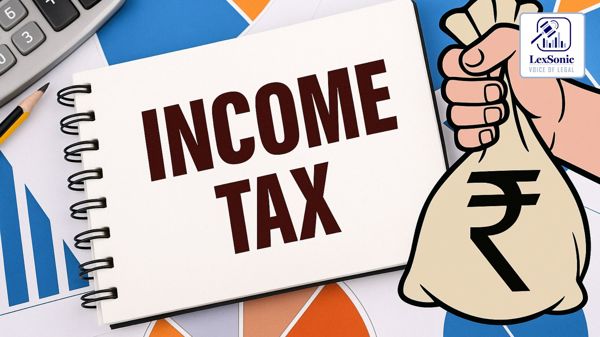Loan Perks and Tax Burdens: A Guide for Bank Employees in India.
20 April 2023
Income Tax >> Tax Laws
Imagine getting a fantastic perk from your employer – a super low-interest loan on a car or a house. Sounds great, right? Well, for bank employees in India, this benefit might come with a surprising tax consequence. A recent court judgment has shed light on the tax implications of interest-free or concessional loans offered by banks to their staff.
Background:
The Income Tax Act (ITA) of India considers interest-free or concessional loans given by employers to employees as taxable perquisites. These benefits are added to the employee's income and taxed accordingly. Bank unions and employee associations had challenged the provisions in the ITA that govern how these loans are taxed. They argued that the law gave excessive power to the government and unfairly singled out employees of a specific bank (SBI) by using its lending rate as a benchmark for tax calculation.

Court's Reasoning and Outcome:
The courts sided with the government, finding the law to be valid. Here's why:
- The ITA clearly empowers the government to define and tax various fringe benefits provided by employers.
- Using the State Bank of India's Prime Lending Rate (PLR) as the benchmark for calculating the taxable value of loans was found to be reasonable. The court highlighted the following points:
- SBI is the largest bank in India, and its lending rates often influence other banks.
- A single benchmark simplifies tax calculations for both banks and employees, reducing disputes.
- Consistency in tax treatment ensures fairness for all parties involved.
The court acknowledged that legislatures have some flexibility in setting tax rules and showed respect for their judgment in this case.
What This Means for Bank Employees:
The court's decision upholds the existing system where interest-free or concessional loans from banks are considered taxable benefits. The method of calculating the tax on these loans using SBI's PLR as the benchmark remains unchanged. This ruling brings clarity and consistency to the tax treatment of such benefits across the banking sector.
